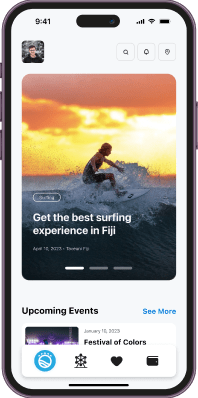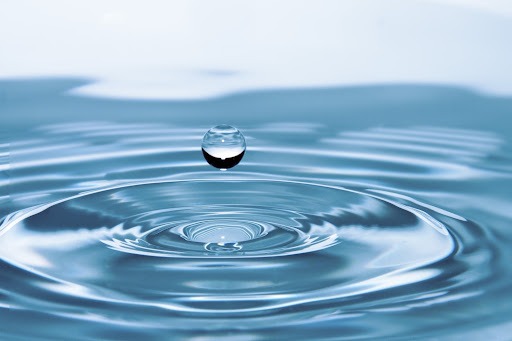Is the tap water safe for drinking in Fiji?


Fiji is a nation with an abundance of water sources; significant sources of ground and surface water are widely available, especially on larger islands of Fiji, like Viti Levu, Vanua Levu, Taveuni and Kadavu. There are little to no surface water sources on Fiji’s smaller outer islands, like Mamanucas, Yasawas, Lau Islands, and Lomaiviti Islands. Communities rely on groundwater or rainwater for drinking. This water is usually stored in tanks or barrels for drinking in small villages.
While bottled Fiji Water is a well-known brand recognised globally, the question remains, is tap water safe to drink in Fiji?
Well, tap water in Nadi, Suva and in major resorts is generally safe to drink, but it is not recommended for visitors. While most of the main cities and towns have treated water that is safe to drink, tap water is still not safe for drinking in the majority parts of the country. Water in rural areas, villages, and outer islands are typically not treated. In short, you should avoid drinking tap water in Fiji or risk getting waterborne bacteria like E. coli.
In villages and rural areas, locals are used to drinking untreated water. They generally do not have problems drinking rainwater or groundwater stored in tanks. However, visitors should never drink untreated water in Fiji as locals have stronger immune systems that can handle minor waterborne diseases. By drinking untreated water in Fiji, you might experience diarrhoea, enterohemorrhagic (E. coli), and other waterborne diseases.
As Fiji may also experience typhoons and cyclones occasionally, infrastructure may get damaged causing water to be contaminated. Thus, it’s important for you to protect yourself from any gastro condition while you’re in Fiji.
Don’t worry too much even though you can’t drink water straight from the tap in Fiji. There are still many ways to get hold of safe drinking water in the Pacific Islands.
1. Boil the water
Always boil tap water in an electric kettle if you have one in your room. Allow the water to cool down before drinking. Boiling water will kill parasites, bacteria and viruses. To be more environmentally friendly, always carry a bottle with you that you can refill with boiled water.
2. Drink from bottled water
Bottled water is safe to drink in Fiji. Some resorts may provide you with bottled water for drinking. The famous Fiji Water bottles are made from recyclable PET plastic. The bottles arrive in little cylinders that look like test tubes. If you are planning to visit rural areas, it is recommended that you buy some bottled water from the stores in the bigger towns or cities prior to your visit to the outer islands.
3. Use a water-purifying water bottle
Alternatively, you may consider using a water-purifying water bottle while you’re in Fiji. A water-purifying water bottle helps to remove waterborne bacteria and serves as a convenient alternative to boiling water. However, it is still recommended that you use the local drinking water source for purification.
There are around 44 water treatment facilities in Fiji. The treatment facilities put water through a process of water Intake, aeration, coagulation, sedimentation, filtration, disinfection, fluoridation, pH correction.
